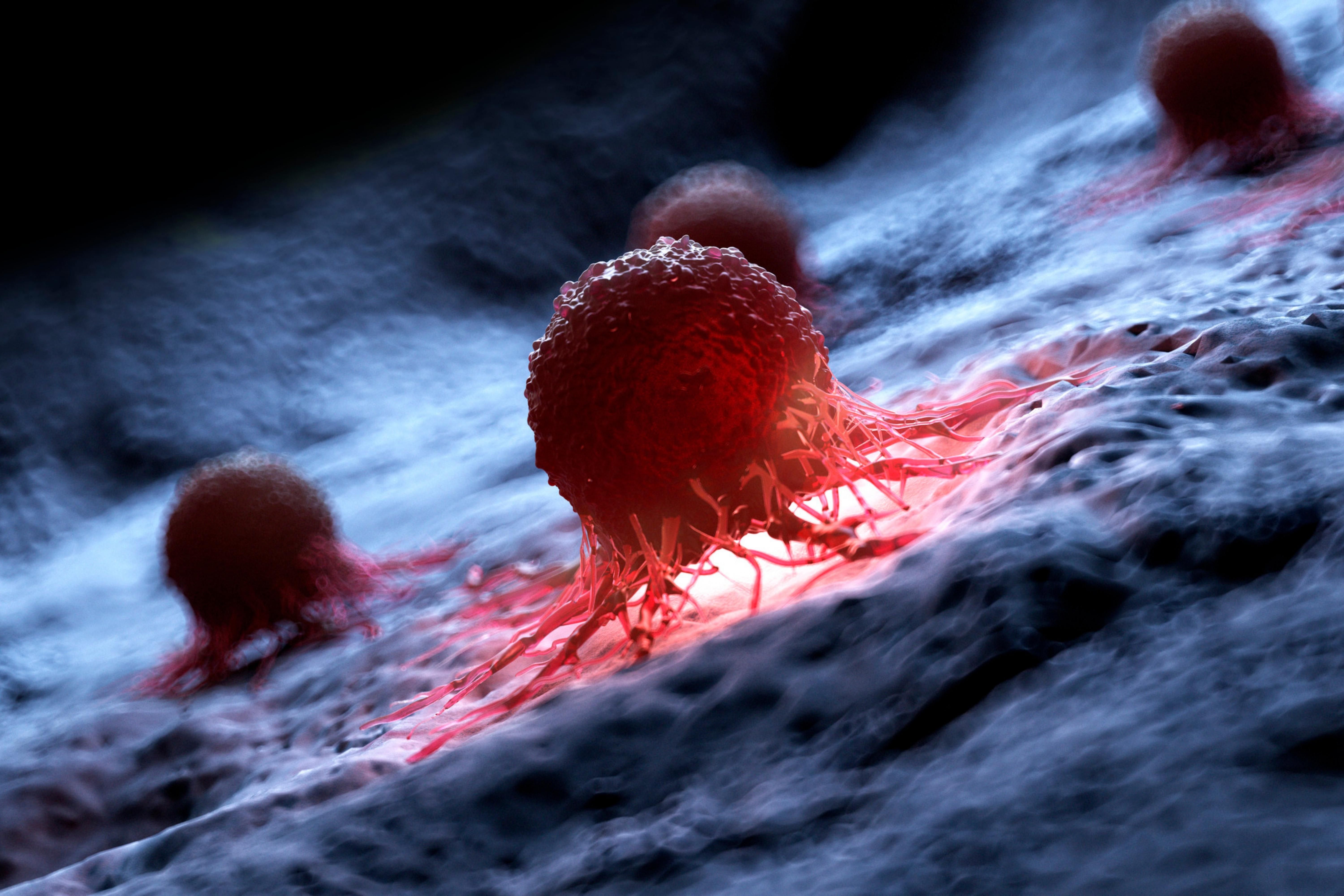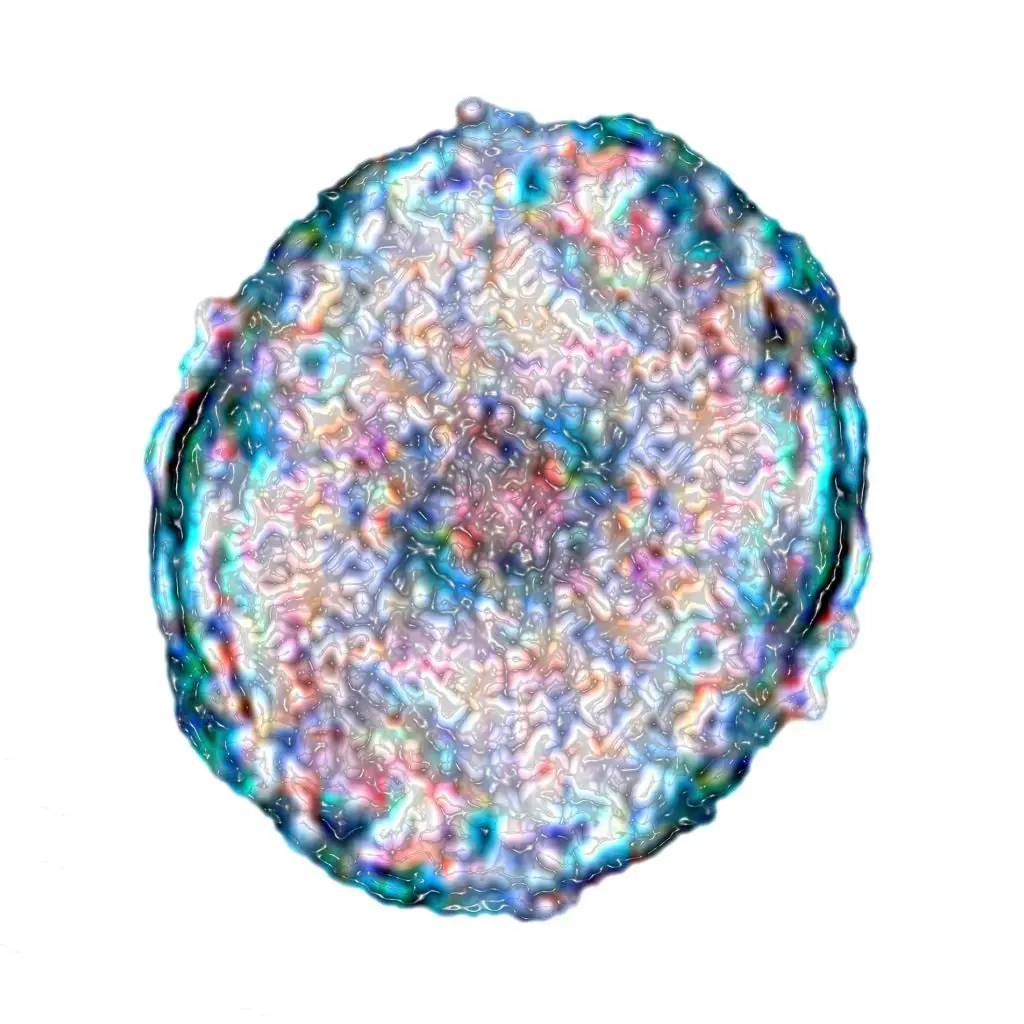Other Treatment Methods
- Adrenal hyperplasia
- Gestational diabetes
- Growth disorders in children
- Hashimoto's thyroiditis
- Hormone deficiency
- Hormone-producing tumors
- Hyperthyroidism
- Hypofunction of the adrenal cortex
- Hypothyroidism
- MODY (Maturity Onset Diabetes of the Young)
- Obesity
- Osteoporosis
- Overactivity of the adrenal cortex
- Sex hormones
- Type 1 diabetes
- Type 2 diabetes

© Freepik
Hormone-producing tumors
Hormone-producing tumors (also known as hormonally active or functional tumors) are tissue formations that release excessive amounts of certain hormones, causing characteristic clinical symptoms. They can arise in various endocrine glands, particularly in the adrenal cortex, the adrenal medulla, the pituitary gland, and the. thyroid gland or the pancreas.
Some of the most important hormone-producing tumors include cortisol-producing adrenal tumors, which cause Cushing's syndrome . Aldosterone-producing tumors, on the other hand, lead to Conn's syndrome.
Tumors of the adrenal medulla produce excessive amounts of adrenaline and noradrenaline, causing blood pressure crises, headaches, palpitations, sweating, and Panic attacksTumors of the pancreas in turn excessively produce insulin and lead to hypoglycemia (hypoglycemia) with sweating, trembling, hunger, and consciousness disturbances. The causes of hormone-producing tumors are often genetic mutations. Some patients have a hereditary predisposition, and environmental factors and spontaneous mutations may also play a role.
Diagnosis and treatment of hormone-producing tumors
Diagnosis is made through a combination of hormone determination in the blood and/or urine, a glucose tolerance test, imaging techniques such as ultrasound, CT or MRI to locate tumors and determine their size. Treatment depends on the type of tumor and its hormonal activity level. Generally, surgical removal of the tumors is the treatment of choice. If surgery is not possible or metastasis is present, drug therapies may be used to block hormone production or control symptoms. For malignant hormone-producing tumors, Chemotherapy, radiation therapy or targeted molecular therapies may be considered.
Early detection and precise hormonal diagnostics are crucial, as untreated hormone-active tumors can cause serious complications, such as Heart attacks, strokes, or severe metabolic derangements. The goal of treatment is to normalize hormone levels, control the tumor disease, and prevent secondary damages.








